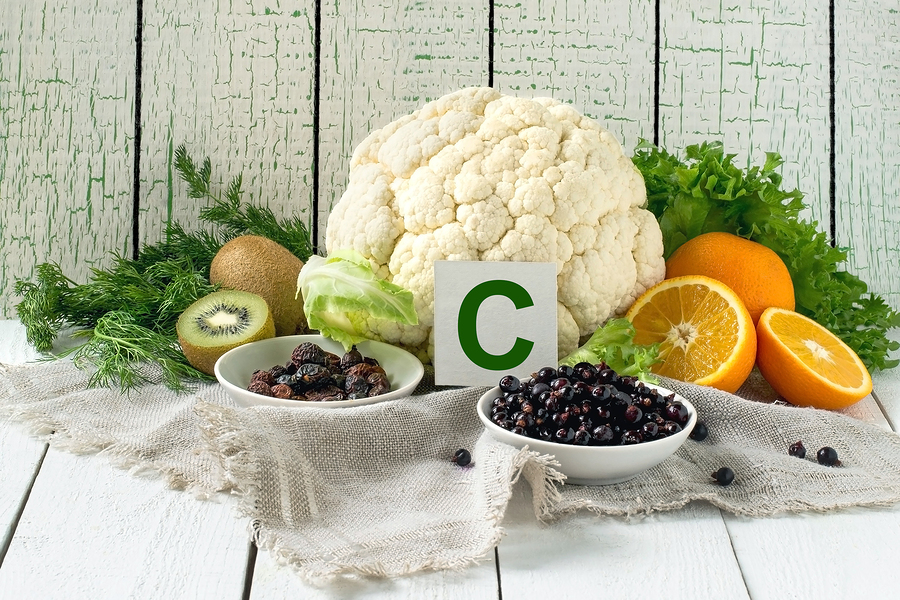- Make It Yourself Lavender Heart-Shaped Bath Bombs!
- 20 Things You Never Knew About “Down There”
- 12 Best Foods For Those Suffering From Arthritis Pain
- 12 Personal Hygiene Mistakes Almost Everyone Makes (Mom Never Told You About #4!)
- 15 Medicinal Plants And Herbs From The Cherokee People
- 12 Mind-Blowing Benefits Of Drinking Coconut Water During Pregnancy
- 12 Outstanding Winter Foods That Won’t Fatten You Up Like A Christmas Turkey
Vitamin C Treatment Can Help Prevent Arterial Arrhythmia

Photo credit: bigstock.com
Everyone knows that vitamin C helps boost the immune system and protect against disease. But did you also know that in addition to this, it may help prevent heart disease, heal wounds, and shorten the length of your stay in the hospital? Read on to learn more about what this common but extraordinary vitamin is really capable of.
Vitamin C, the Heart, and Hospitals
The term arrhythmia is used to describe an irregular heartbeat. There are different forms of arrhythmia, and all of them should be taken very seriously. The most common form is known as atrial arrhythmia. It can be brought on as a result of very stressful experiences, including physically taxing ones like open-heart surgery. As many as 30 percent of patients who undergo heart surgery experience some degree of atrial arrhythmia afterward.
While there are conventional, medication-based treatments for arterial arrhythmia, they have many unpleasant side effects, such as chest pain, lack of energy and weight gain. In the quest for a solution free of these side effects, researchers in Finland decided to experiment with vitamin C supplementation as an alternative treatment for recent heart surgery patients who were in recovery and experiencing atrial arrhythmia. Their study, published in September 2016 in BMC Cardiovascular Disease medical journal, yielded some interesting results.
The researchers found that providing vitamin C supplements to the patients helped reduce their risk of developing atrial arrhythmia by up to 73 percent, in some cases. Giving the patients intravenous treatment with vitamin C was also able to reduce their recovery time in the hospital.
It appears that the antioxidant properties of vitamin C are what come into play in this situation. Inflammation has been linked to an increased risk of all heart disease, including arterial arrhythmia. The antioxidant and anti-inflammatory properties of vitamin C help fight this and reduce the chances of an irregular heartbeat manifesting itself.
A study published in Oxford Academic in 2011 produced similar findings. This study involved 170 adult patients and found that of the 85 participants who received vitamin C treatment, only four percent of them developed any post-surgery arterial arrhythmia symptoms. This was quite a positive result compared to the control group, in which 26 percent had symptoms.
Continue to Page 2
































